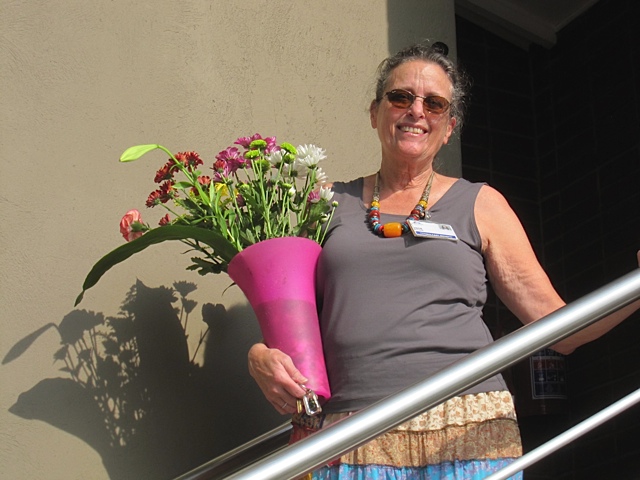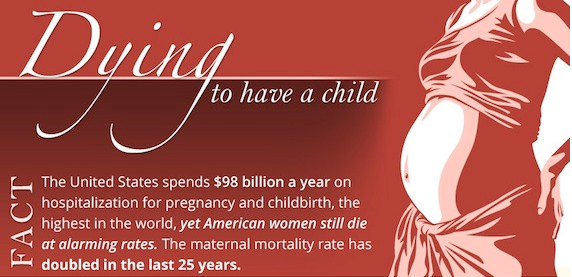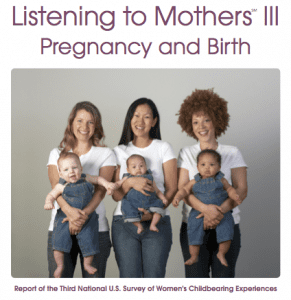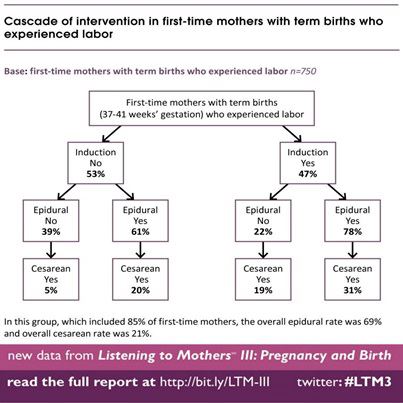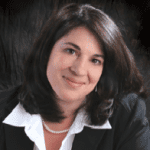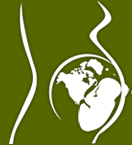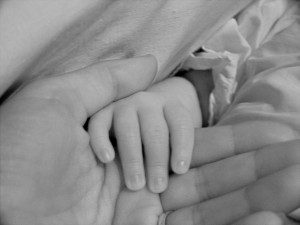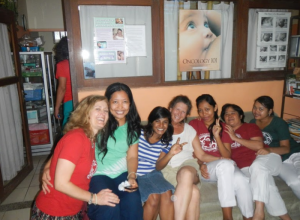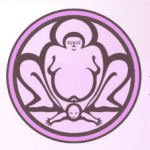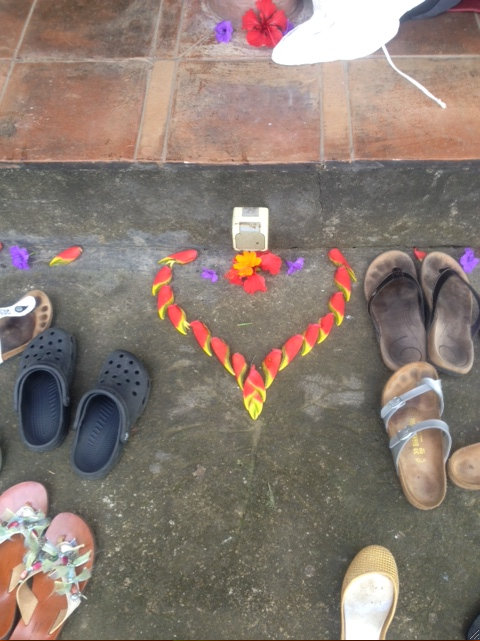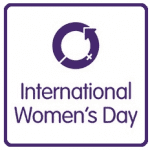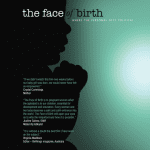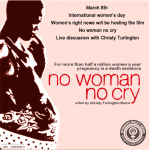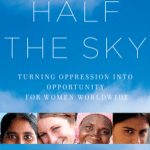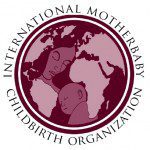Submitted by Mary Alice Ackerman
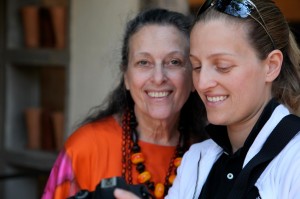
I have had the pleasure of knowing Debra Pascali-Bonaro since I was a young child. She has been lifelong friends with my mother, Jane Arnold as well as co-author of their book, Nurturing Beginnings. Both of them have made it their life’s work to make a positive impact on pregnancy and the birthing process. Both Jane and Debra have worked with and around birthing mothers across the globe for many years. I will keep the sum total of those years to myself. I have reaped the benefits of being the daughter and friends with such passionate women. I followed in my mother’s footsteps in the nursing profession and although I work in a different segment of nursing (heart failure and heart transplant patients), I learned how passion and compassion can change the lives of each patient, family member, or person that comes into your life.
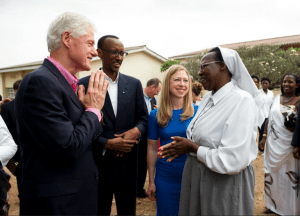
My mother is currently working for the Clinton Health Access Initiative (CHAI) in Rwanda at the Rwamagana School of Nursing and Midwifery, and has been there since August of 2012. On July 19th, 2012 the President of the Republic of Rwanda, Paul Kagame, and Bill Clinton, the former US President, accompanied by his daughter Chelsea Clinton, visited the Rwamagana School of Nursing and Midwifery (RSNM) located in Rwamagana district. The vision behind CHAI is that each year 100 American faculty members spend one year in Rwanda working with medical personnel to transfer training capacity. The program aims to educate over 2,000 medical specialists, utilizing e-learning strategies to upgrade the skills of more than 5,000 nurses.
I recently visited Rwanda with my colleague, Gina Ferguson. This trip was initially booked as a vacation to visit my mom. My mom had told us so much about her experiences since arriving in Rwanda in August 2012, so we knew that we could not show up empty handed. “Paying it forward” became our drive behind turning this vacation into a random act of kindness. We put our efforts into raising funds, collecting donations and working through Northwestern Memorial Hospital’s partners to obtain much needed medical supplies. Due to the funds we raised, we were able to purchase educational and medical supplies for RSNM, as well as Kibogora Hospital.
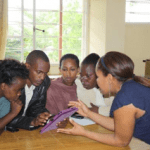
We also purchased four kindle fires and load each of them with 17 medical texts books. The colored pictures of anatomy seen on the kindles, as well as the updated text books, provide the students with a hands-on approach to reading and learning. The medical and educational supplies were welcomed with tears of joy, many hugs and overwhelming appreciation. The generosity of friends, family and the community turned this random act of kindness into a reality for the people of Rwanda. We are now looking forward to supporting funding for school supplies plus a September trip for the Principal of the Nursing School who will be spending the month in Chicago observing the healthcare system.
Ways you can give (AND RECEIVE!):
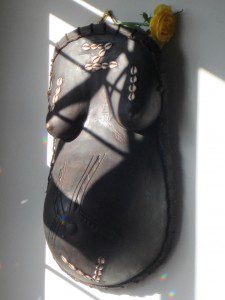 > Make a contribution to the the RSNM GoFundMe Page. Donations will go to additional supplies and the educational trip this September.
> Make a contribution to the the RSNM GoFundMe Page. Donations will go to additional supplies and the educational trip this September.
> Make a purchase at 20 % off! RSNM will be the Global Birth Fair Featured Organization this quarter so please consider making purchase and know a percentage of the proceeds will go to RSNM. In addition to funding school supplies, the funds will support a September trip for the Principal of the Nursing School who will be spending the month in Chicago observing the healthcare system. Use Promo code: Rwanda and get 20% off!
Debra and Jane Arnold collaborated on Nurturing Beginnings, an updated, digital version of Nurturing Beginnings will be available later this year. If you’d like to receive announcements about this updated, electronic version of Nurturing Beginnings please sign up here.
